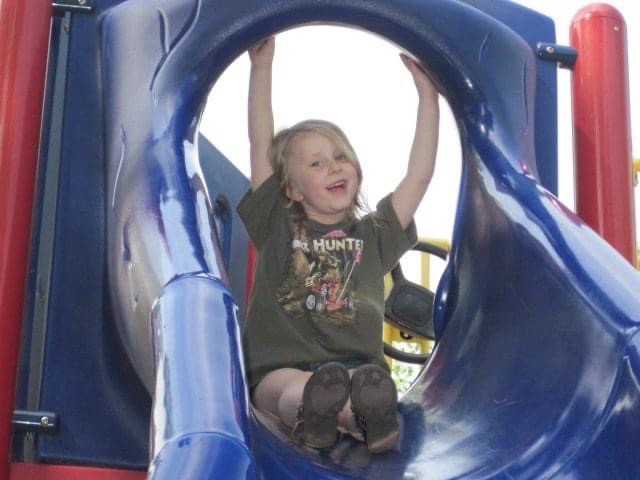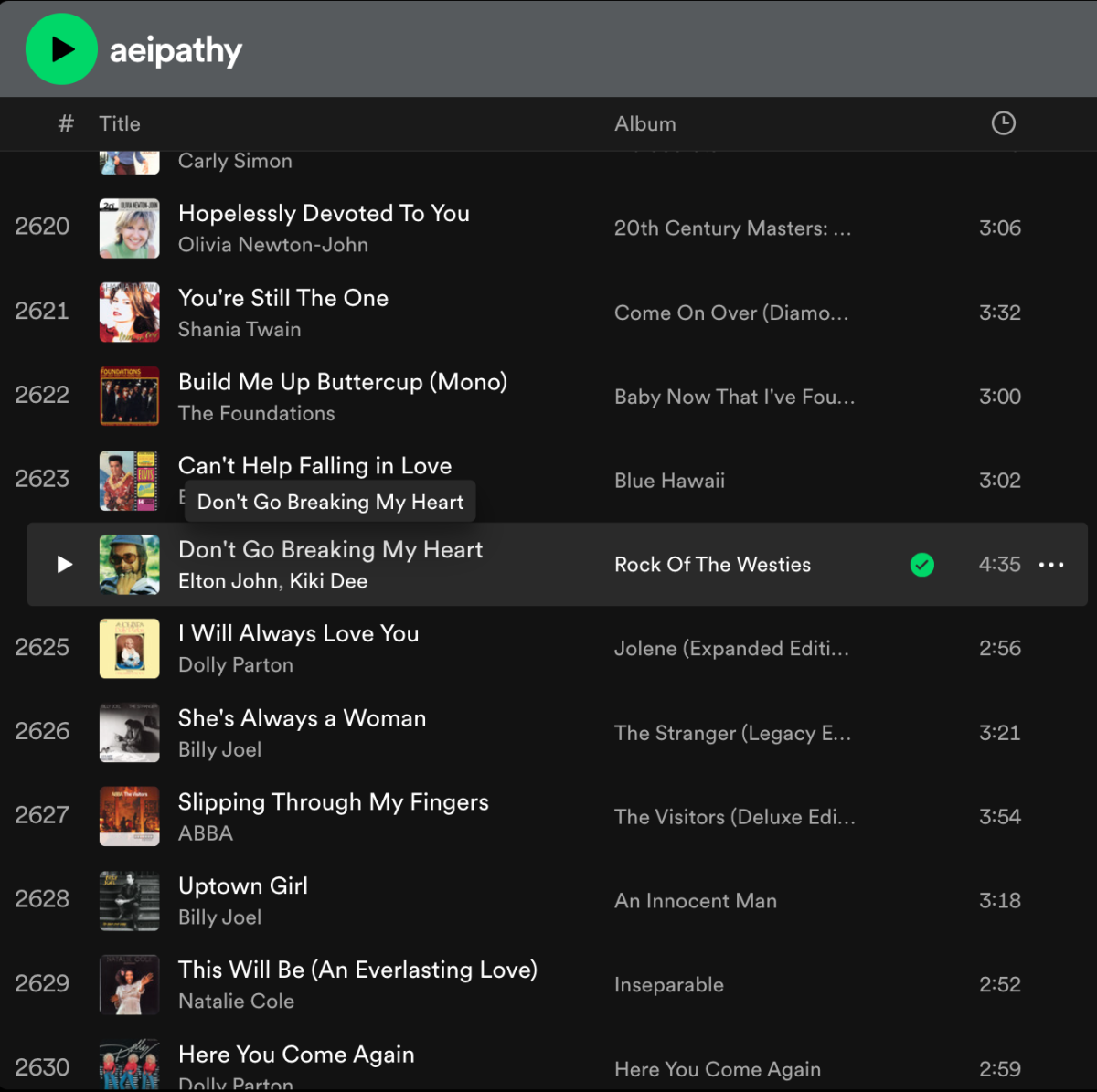We could all be a little more narcissistic
It’s a comical game that is played when a compliment is thrown around nowadays. It is like it’s almost embarrassing to be good at something—or at least to act like you know it.
In common culture, at least throughout my day, when I receive a compliment, I feel it is obligatory to offer one in return. And, while this feels like the correct way to go about the interaction, to me, it nearly legitimizes the original remark, basically as if I am saying ‘you like my shoes so I must like something of yours,’ not that I actually like it.
As I have begun recognizing this custom through different aspects of my life, I have tasked myself with responding to compliments in a uniform way: simply by saying thanks. The funny thing is, this almost feels uncomfortable as if I am simply being complimented to receive one in exchange.
Aside from the standard compliment, I tend to see this trend of deflection—humbleness if you will—in a multitude of social situations, such as when asked if you are good at something.
Personally, given the time and money I have given to club soccer and workouts, I would definitely hope I am good at soccer. However, when tasked with the question ‘are you good at soccer,’ my natural answer will never be a simple ‘yes.’ Instead, I will always try and validate my talents by saying what team I am on or how long I play, so they can decide if I am good or not.
I think we confuse the idea of being narcissistic with the concept of being proud. Admitting to talent or agreeing with a compliment is not boastful. And, in moderation, of course, I think it is completely okay to brag about yourself once in a while. In an effort to avoid arrogance, it seems we brush our accomplishments under the rug.
I think we confuse the idea of being narcissistic with the concept of being proud.
In referring to these two terms narcissism and pride, again, I want to bring your attention to the connotation your brain likely immediately assigned to each.
Narcissism is stereotypically seen as negative and viewed in a pessimistic light. To speak about the degree to which someone acknowledges their accomplishment, being labeled a narcissist becomes the negative label. In contrast, pride seems to be positively correlated with agreeable traits and sides of this trademark.
Narcissism is essentially the idea of being obsessed with yourself. Now, not to say that this is all positive, but it seems we confuse any pride or self-admiration with this condition. In fear of being labeled narcissistic or self-obsessed, society has sworn off the idea itself.
For teenagers especially, I believe this deflated sense of self-importance and pride—especially for women—will hurt the progression of our generation. Knowing and acknowledging talent is completely inherent for those in leadership positions and all throughout society, and it is of prevalent importance to teach children the balance between arrogance and pride.
In all of this, I am not wishing people to gush about their capabilities and skills by any means. Yet, I hope to hear recognition and not only acceptance but confirmation of praises. We could all benefit from being a little more narcissistic.

Gigi is beginning her second year of writing for The Central Trend as a junior this year, and she is starting to fear she will run out of things to say....


























































































